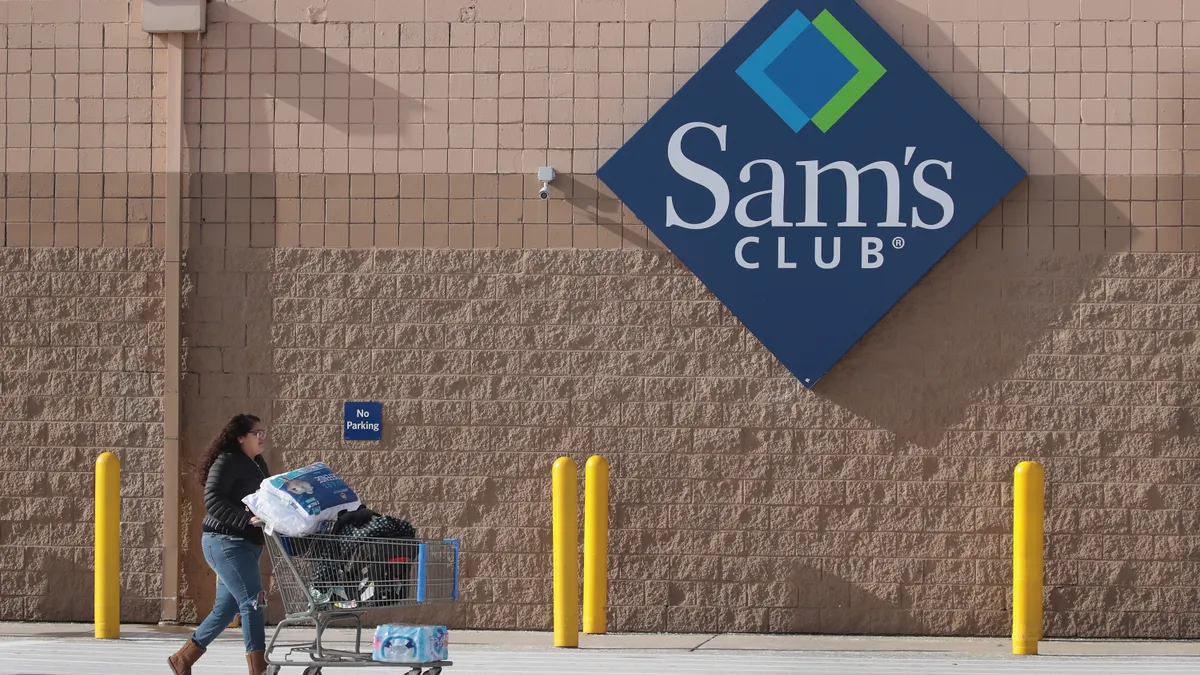Big box retailers Sam’s Club and Costco are each raising wages for their frontline associates as part of a push to translate staff investments to better customer experience.
Sam’s Club is revamping workforce compensation for its associates with larger pay raises for hourly employees, the retailer announced last month. The retailer has increased its average hourly wage by nearly 30% over the past five years, and the latest update is expected to bring the average hourly rate above $19.
Sam’s Club cited reduced turnover as one of the key benefits of its wage increases, alongside inspiring worker productivity and better service.
In July, Costco boosted wages for workers in stores and distribution centers. The increases are part of an effort to deliver better value to its members ahead of an increase in membership fees that took effect Sept. 1, executives said on a Q4 2024 earnings call last week.
Higher wages for frontline associates can fuel better customer service and in turn customer satisfaction through a combination of higher morale and lower staff turnover.
Reduced turnover is particularly important, according to Neil Saunders, managing director at GlobalData Retail. It can be difficult for retailers to maintain good customer service with inexperienced associates who don’t understand the store like a team of long-term veterans.
“More experienced staff bring many benefits,” Saunders told CX Dive in an email. “They are usually more efficient and productive. They have more knowledge so can assist customers more effectively. And they are often better at selling, if that’s part of their role.”
Costco recognizes the benefits of higher wages as well, and its average is now “just north of $30 an hour,” CEO Ron Vachris said on the earnings call.
“We believe a critical part of delivering a better experience for our members is also in employee wages,” Gary Millerchip, EVP and CFO of Costco, said on the earnings call.
Retaining and inspiring frontline associates doesn’t necessarily end with higher pay. Other forms of support, like stable scheduling, can contribute to a store environment where workers feel valued.
“Being responsive to workers' needs and being flexible on things like scheduling is critical to morale,” Saunders said. “There has to be give and take between employee and employer because this builds trust and loyalty. Ultimately, that helps with customer experience.”











